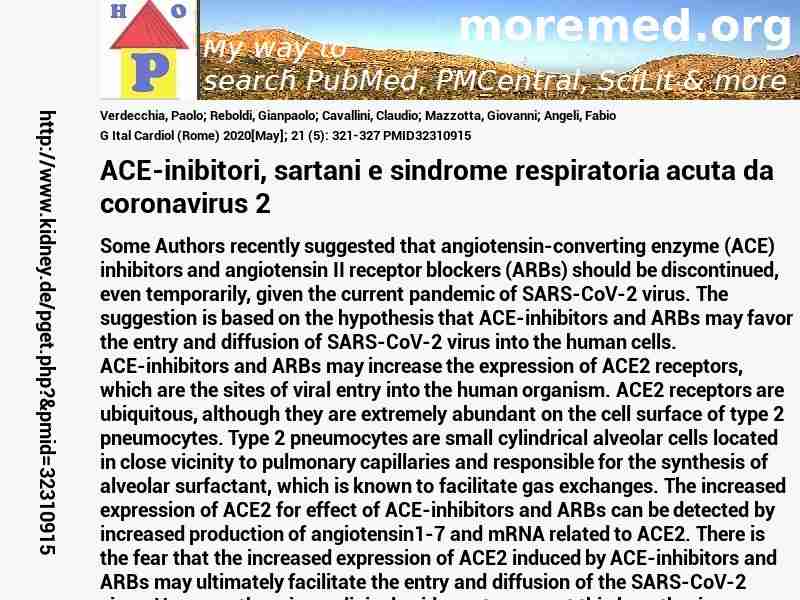
|
10.1714/3343.33127
http://scihub22266oqcxt.onion/10.1714/3343.33127

32310915!�!32310915
Warning: file_get_contents(https://eutils.ncbi.nlm.nih.gov/entrez/eutils/elink.fcgi?dbfrom=pubmed&id=32310915&cmd=llinks): Failed to open stream: HTTP request failed! HTTP/1.1 429 Too Many Requests
in C:\Inetpub\vhosts\kidney.de\httpdocs\pget.php on line 215
|  
Deprecated: Implicit conversion from float 213.6 to int loses precision in C:\Inetpub\vhosts\kidney.de\httpdocs\pget.php on line 534
Deprecated: Implicit conversion from float 213.6 to int loses precision in C:\Inetpub\vhosts\kidney.de\httpdocs\pget.php on line 534
Warning: imagejpeg(C:\Inetpub\vhosts\kidney.de\httpdocs\phplern\32310915.jpg): Failed to open stream: No such file or directory in C:\Inetpub\vhosts\kidney.de\httpdocs\pget.php on line 117
 G+Ital+Cardiol+(Rome) 2020 ; 21 (5): 321-327 G+Ital+Cardiol+(Rome) 2020 ; 21 (5): 321-327
Nephropedia Template TP
gab.com Text
Twit Text FOAVip
Twit Text #
English Wikipedia
|
ACE-inibitori, sartani e sindrome respiratoria acuta da coronavirus 2 #MMPMID32310915Verdecchia P; Reboldi G; Cavallini C; Mazzotta G; Angeli FG Ital Cardiol (Rome) 2020[May]; 21 (5): 321-327 PMID32310915show ga
Some Authors recently suggested that angiotensin-converting enzyme (ACE) inhibitors and angiotensin II receptor blockers (ARBs) should be discontinued, even temporarily, given the current pandemic of SARS-CoV-2 virus. The suggestion is based on the hypothesis that ACE-inhibitors and ARBs may favor the entry and diffusion of SARS-CoV-2 virus into the human cells. ACE-inhibitors and ARBs may increase the expression of ACE2 receptors, which are the sites of viral entry into the human organism. ACE2 receptors are ubiquitous, although they are extremely abundant on the cell surface of type 2 pneumocytes. Type 2 pneumocytes are small cylindrical alveolar cells located in close vicinity to pulmonary capillaries and responsible for the synthesis of alveolar surfactant, which is known to facilitate gas exchanges. The increased expression of ACE2 for effect of ACE-inhibitors and ARBs can be detected by increased production of angiotensin1-7 and mRNA related to ACE2. There is the fear that the increased expression of ACE2 induced by ACE-inhibitors and ARBs may ultimately facilitate the entry and diffusion of the SARS-CoV-2 virus. However, there is no clinical evidence to support this hypothesis. Furthermore, available data are conflicting and some counter-intuitive findings suggest that ARBs may be beneficial, not harmful. Indeed, studies conducted in different laboratories demonstrated that ACE2 receptors show a down-regulation (i.e. the opposite of what would happen with ACE-inhibitors and ARBs) for effect of their interaction with the virus. In animal studies, down-regulation of ACE2 has been found as prevalent in the pulmonary areas infected by virus, but not in the surrounding areas. In these studies, virus-induced ACE2 down-regulation would lead to a reduced formation of angiotensin1-7 (because ACE2 degrades angiotensin II into angiotensin1-7) with consequent accumulation of angiotensin II. The excess angiotensin II would favor pulmonary edema and inflammation, a phenomenon directly associated with angiotensin II levels, along with worsening in pulmonary function. Such detrimental effects have been blocked by ARBs in experimental models. In the light of the above considerations, it is reasonable to conclude that the suggestion to discontinue ACE-inhibitors or ARBs in all patients with the aim of preventing or limiting the diffusion of SARS-CoV-2 virus is not based on clinical evidence. Conversely, experimental studies suggest that ARBs might be useful in these patients to limit pulmonary damage through the inhibition of type 1 angiotensin II receptors. Controlled clinical studies in this area are eagerly awaited. This review discusses facts and theories on the potential impact of ACE-inhibitors and ARBs in the setting of the SARS-CoV-2 pandemic.|*Coronavirus Infections/drug therapy[MESH]|*Pandemics[MESH]|*Pneumonia, Viral/drug therapy[MESH]|Angiotensin-Converting Enzyme Inhibitors/*pharmacology[MESH]|Betacoronavirus/*drug effects[MESH]|COVID-19[MESH]|Cell Line[MESH]|Humans[MESH]
  
DeepDyve
Pubget Overpricing | 
|